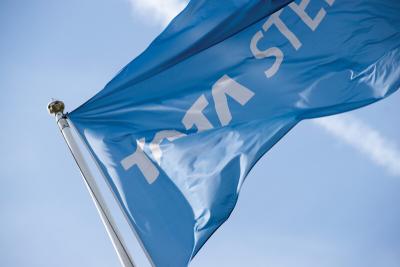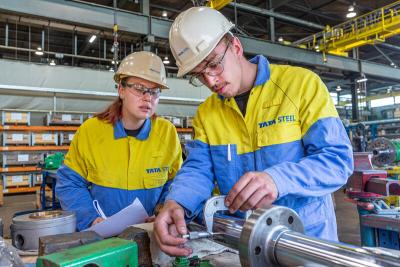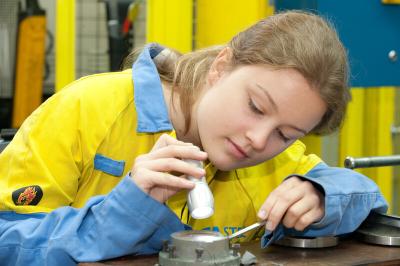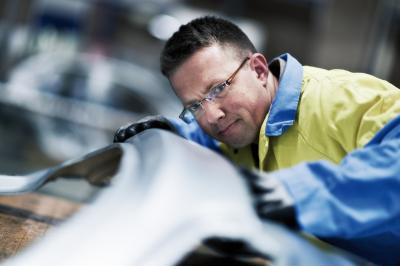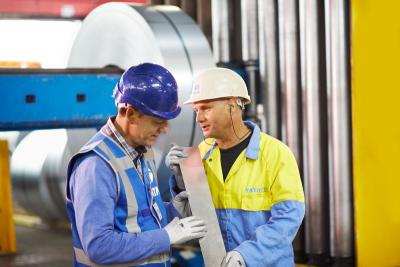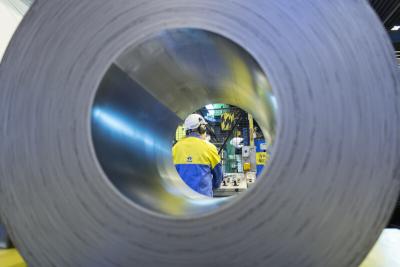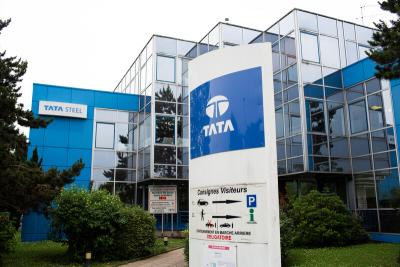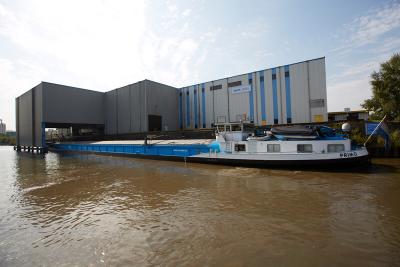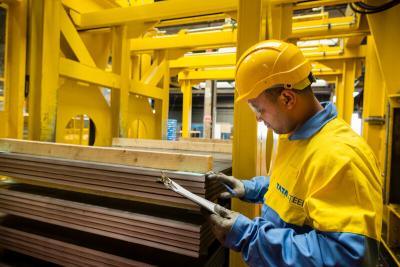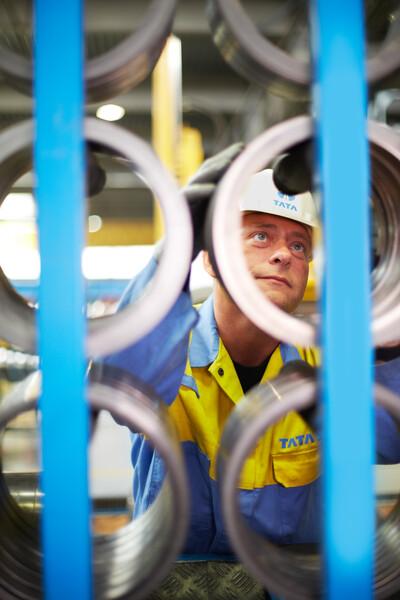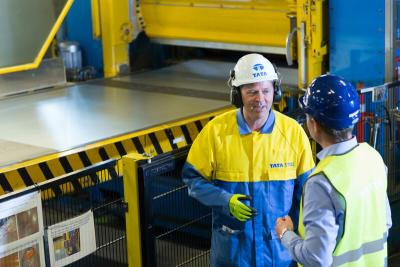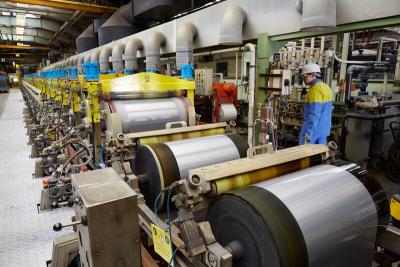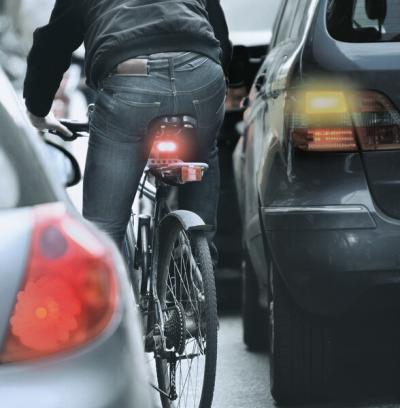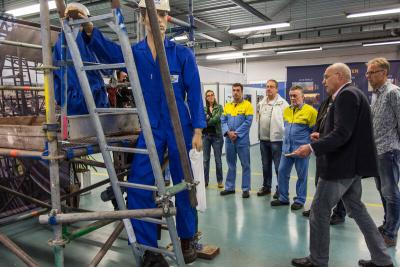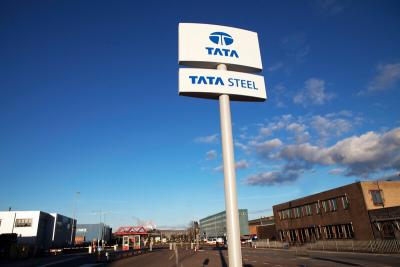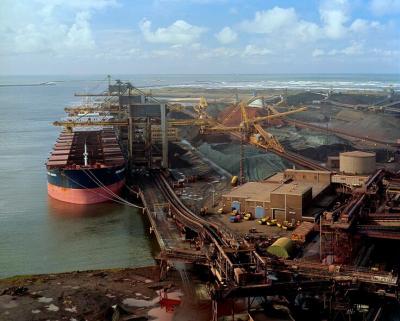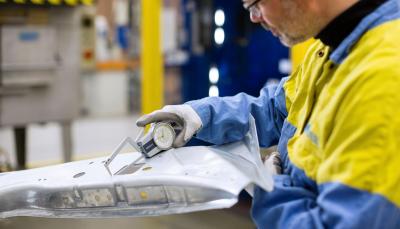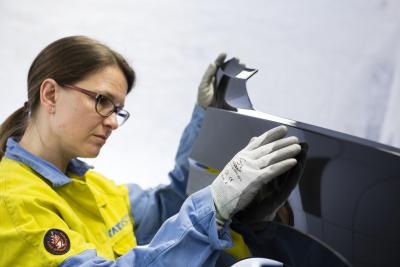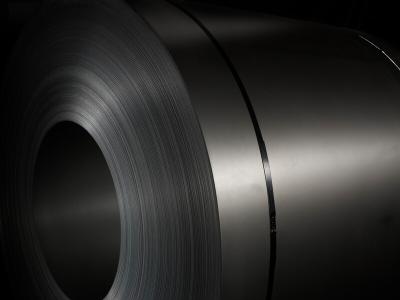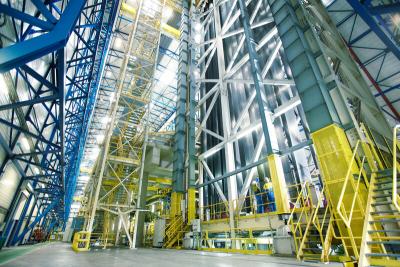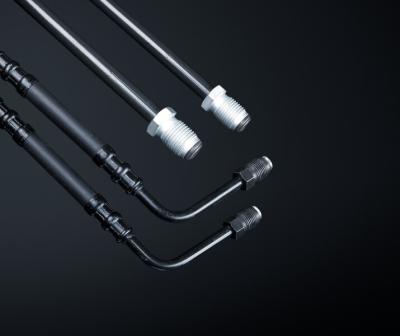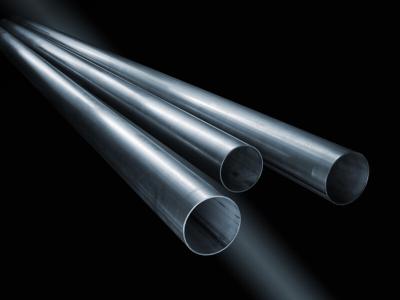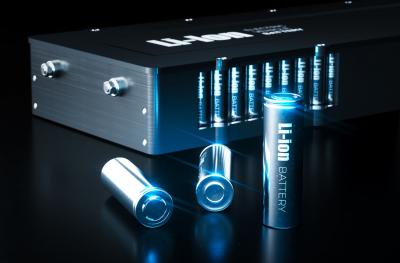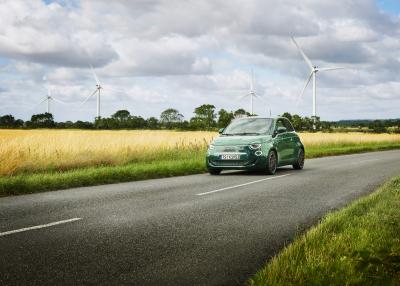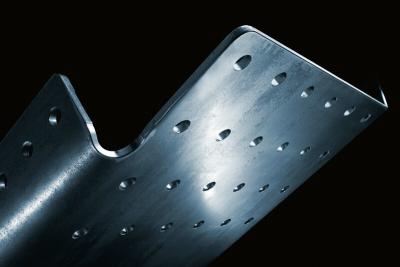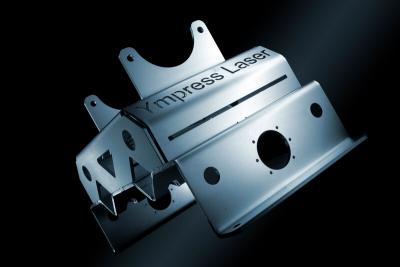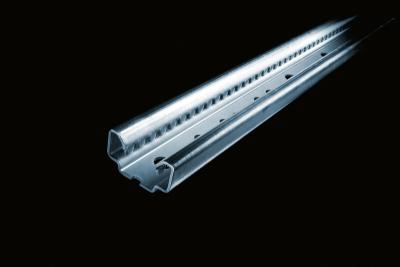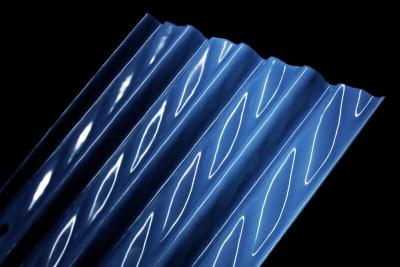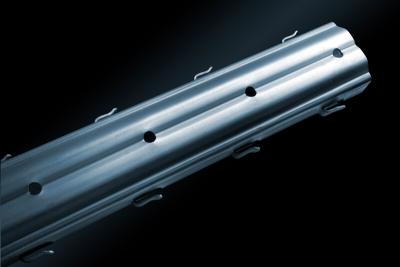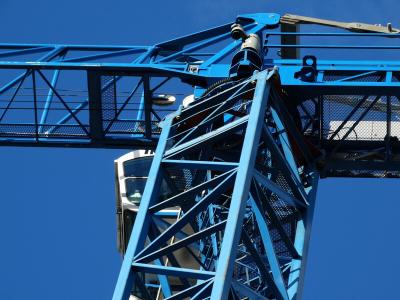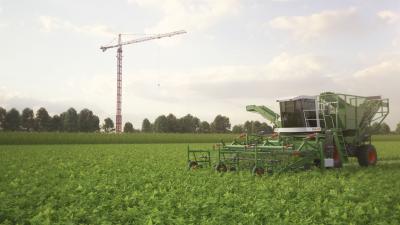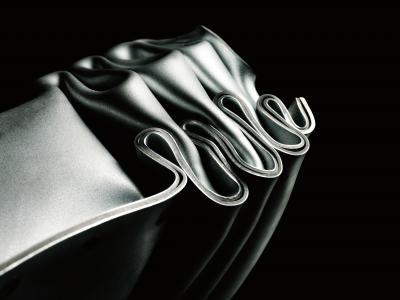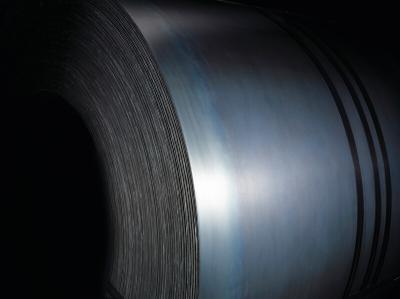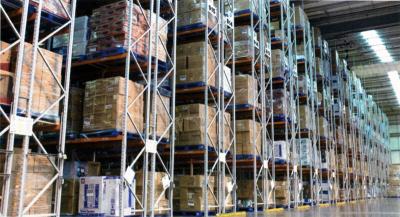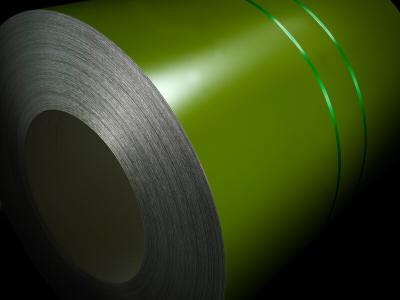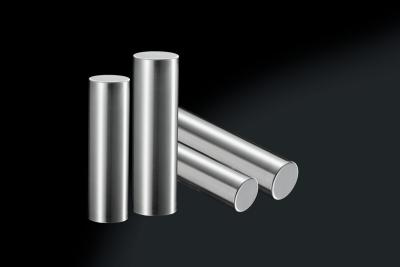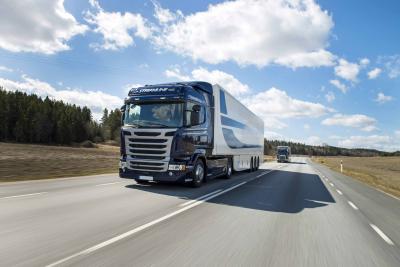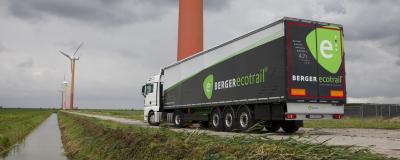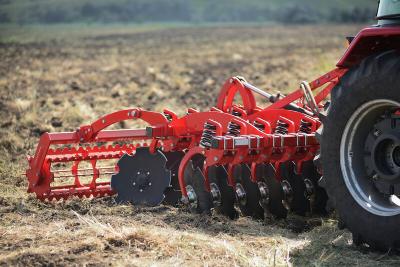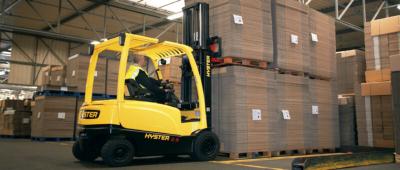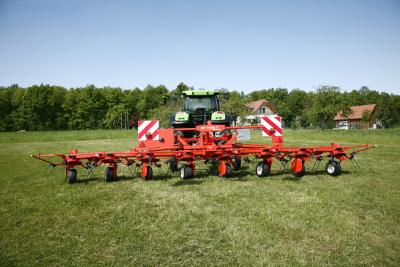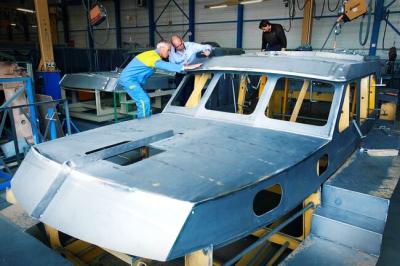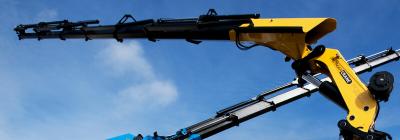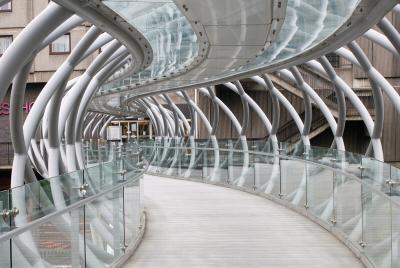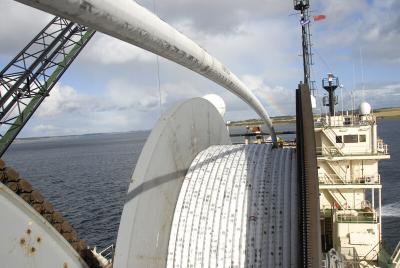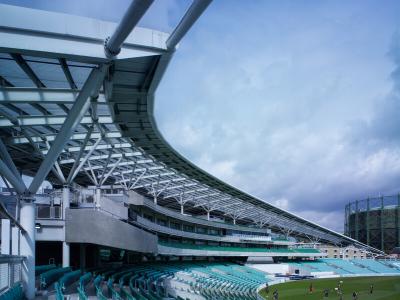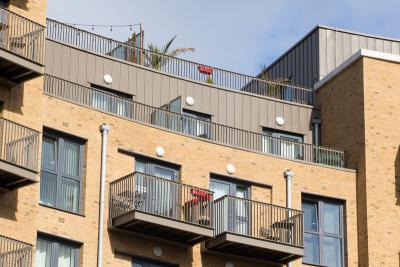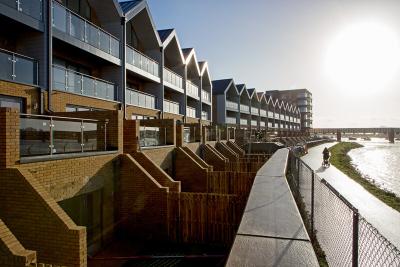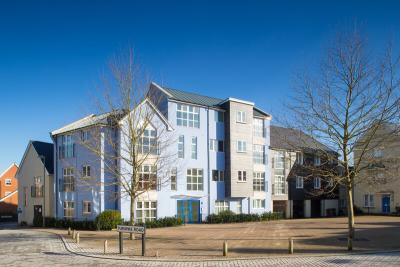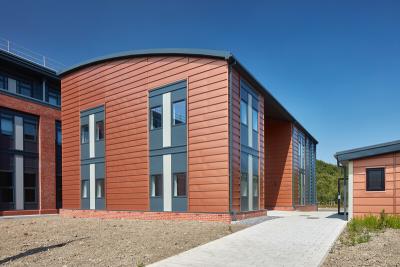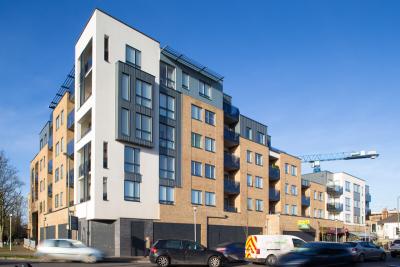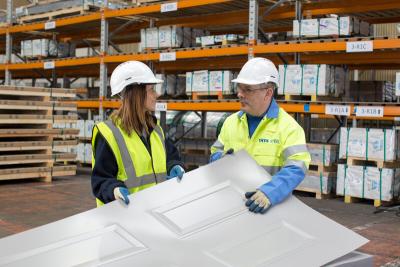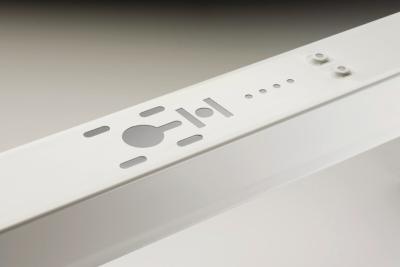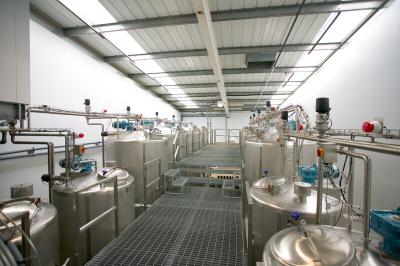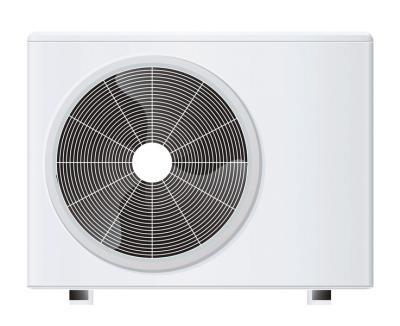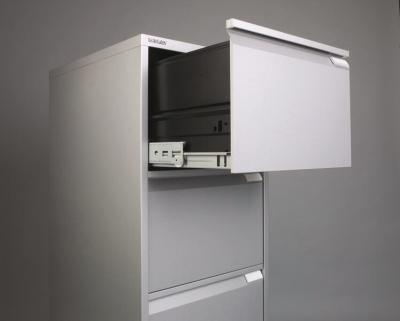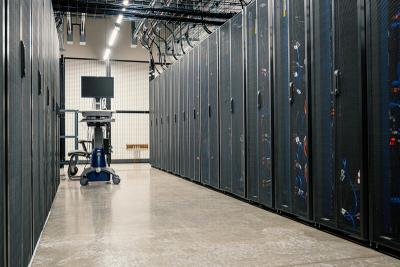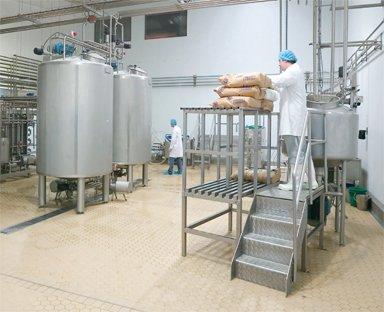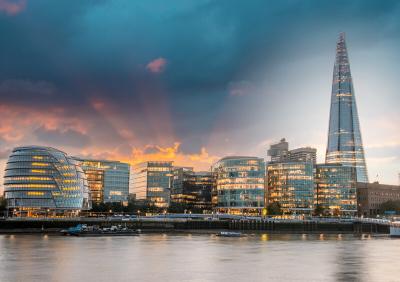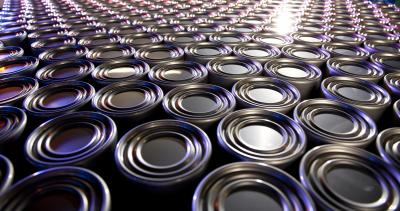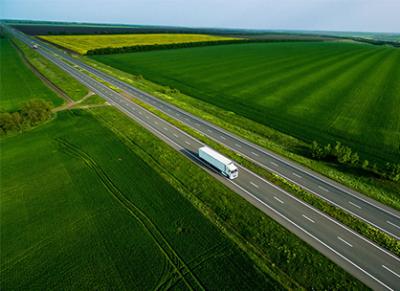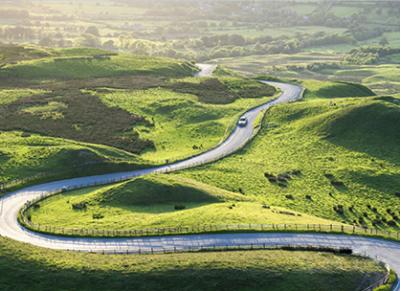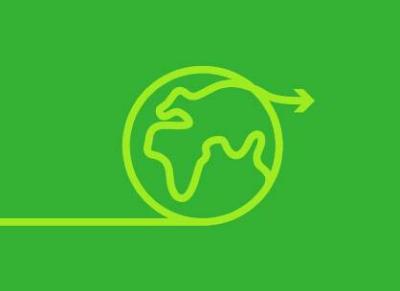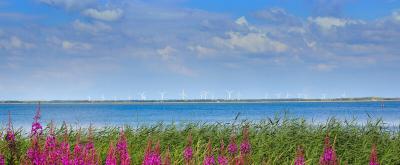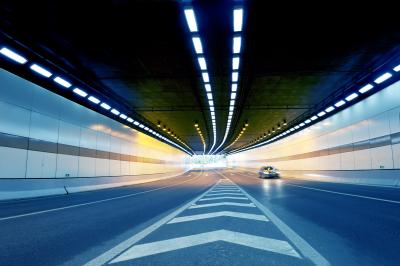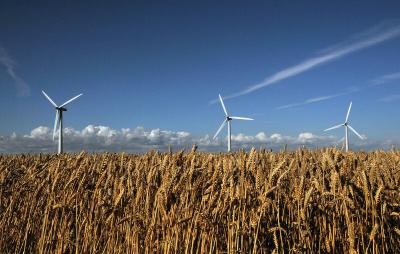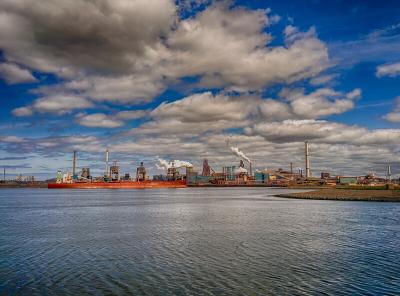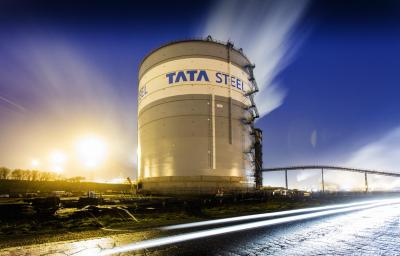SAB-profil offices and production facilities are located in IJsselstein and Geldermalsen. The main products supplied by SAB are roofing and cladding products and accessories.
The main products supplied by SAB are roofing and cladding as well as accessories.

SAB-profil offices and production facilities are located in IJsselstein and Geldermalsen. The products are manufactured as single sheet or insulated sandwich panels for the construction market.
- Greenhouse gas emissions
- Resource use and waste management
- Water use
- Transport impacts
- Employment and skills
- Local communities
- Performance data
Greenhouse gas emissions
Consciously and efficiently use energy is one of the focus items of SAB's environmental policy. Energy consumption is critically monitored and reported. Initiatives are being taken to reduce energy consumption: optimizing production processes for which energy is needed, as well as encouraging and increasing the energy consciousness of employees. Switching off machines in a lunch/coffee break is an example of energy reduction measures. Moreover , smart circuits for light and heat in offices and factories and limiting heat losses. In the case of replacements, energy-efficient solutions are considered.
SAB has purchased green certificates hence the total electrical energy requirements of SAB are generated using renewable energy sources.
An important step towards zero carbon production was realized by installation of a 1,8 MWp Solar system on top of the roof of the new SAB production location in Geldermalsen.
Resource use and waste management
Our focus is on producing efficient with minimal utilization of raw materials. Clear KPIs are defined ref scrap yield and producing 2nd choice products These objectives are continually monitored and adjusted downward. In our factories waste materials are collected separately and disposed of in a responsible manner. In addition, there are several LEAN projects that aim to reduce waste streams or reuse materials. Examples are downzing of steel sheet thickness, higher efficiency on coils, returning coil packaging.
Water use
SAB consumes water for toilet and kitchen use. As consumption is minimal, there is no policy specifically aimed at water reduction.
Transport impacts
Transport impacts are managed centrally within Tata Steel and, as such, it is not possible to disaggregate the transport impacts associated with the production and delivery of specific products from specific locations from the total estimate of Tata Steel transport impacts.
Employment and skills
SAB applies a common approach to employment and skills at all, of its sites. See the general page for information Tata Steel with ref to advance the learning and development of its employees.
Local communities
SAB has an annual sponsorship budget for charities. This sponsorship consists of a financial or in kind (material) contribution to various sport events in the region and other community projects, but may also involve the use of resources or knowledge (for example, a company visit).
Performance data
| SAB | unit | 2016 | 2017 | 2018 | 2019 | 2020 |
|---|---|---|---|---|---|---|
| CO2 emission | tonnes | 2,029 | 2,082 | 2,260 | 2,350 | 2,648 |
| CO2 intensity | kg/t | 25.74 | 26.51 | 29.20 | 29.04 | 34.43 |
| Fresh water consumption | m3 | 1,271 | 2,447 | 1,292 | 1,155 | 1,803 |
| Waste generated | tonnes | 213 | 223 | 340 | 507 | 440 |
| Waste intensity | kg/t | 2.70 | 2.83 | 4.39 | 6.26 | 5.7 |
| Waste re-used, recycled | tonnes | 213 | 223 | 340 | 473 | 408 |
| Environmental complaints | No. | 0 | 0 | 0 | 0 | 0 |



